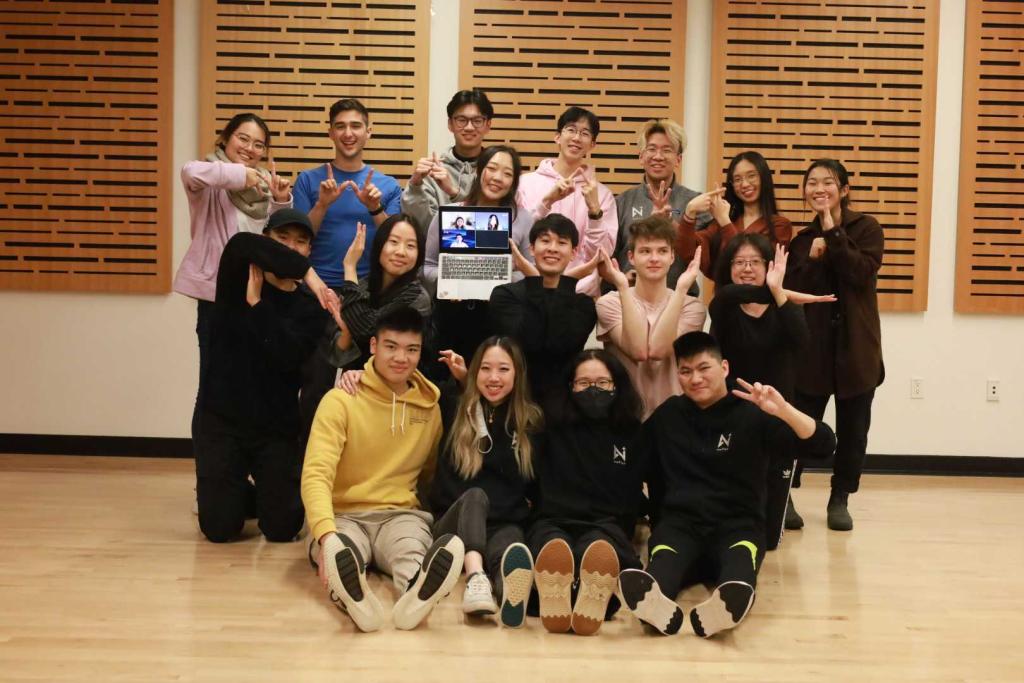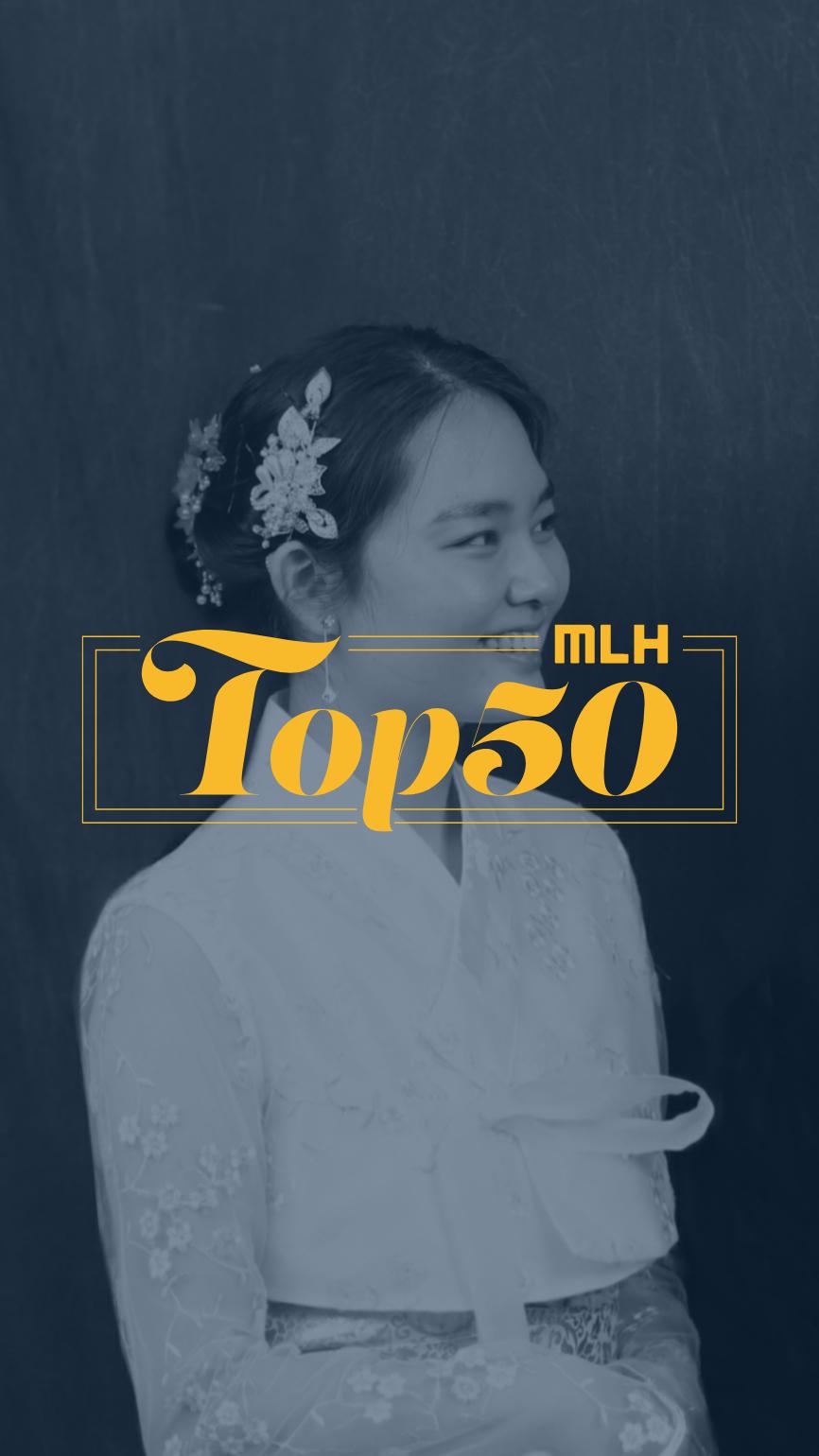
UBC Computer Science student makes Major League Hacking’s ‘Top 50’ list
Michelle Kim, a third year student in UBC Computer Science (CS) is not really a hacker. So how did she make it on to the Major League Hacking (MLH) Top 50 list?
A dedicated organizer
Michelle was named to the Top 50 list for all her volunteer work within the hacking community through nwPlus, a UBC-based group that organizes three major hackathons every year. The hackathons can draw up to 1,000 international participants.
“My story is a little different. I am in this for the sense of community we are able to create,” Michelle explains. “Most of the others on this Top 50 list have participated in numerous hackathons, but my experience is in the organization of hackathons. It brings a different perspective. Not everyone has to code and compete to foster a healthy community,” she says. “There are many ways to get there.”

Michelle has done it all in the hackathon realm, from being the logistics director for the nwHacks Hackathon, to co-president of the nwPlus team. “Organizing an event involving thousands of hackers and multiple thousands of dollars’ budget is not an experience everyone gets. I feel very lucky,” she says enthusiastically.
“During my time at nwPlus, I have co-organized the HackCamp, nwHacks, and cmd-f hackathons, each of which attract a different demographic with varying skill levels and characteristics. I witnessed the impacts our decisions (big or small) made on the hackers, and learned much in the process.” Alongside her team, Michelle also spearheaded multiple initiatives that enhanced hacker, sponsor, and mentor engagement in online hackathons.
"Not everyone has to code and compete to foster a healthy community."
~ Michelle Kim, Computer Science undergraduate
Through her involvement, Michelle happily reports she has developed ever-lasting friendships and learned some invaluable life skills like leadership, organizing and public speaking abilities. “One of the most significant effects the hacker community has had on me is that I now think about the results of my actions and decisions in the larger scheme of things,” she explains. “I learned how to look at matters through multiple lenses, while not being bound by my identity or experiences.”
Overcoming Imposter Syndrome
Michelle speaks honestly about ‘Imposter Syndrome,’ the belief that one is incompetent in their field, and that others have more knowledge or skills than they do, or that any success has little to do with their own efforts or hard work. “I suffered from it myself when I first started studying computer science. I had a lot of anxiety and doubted my abilities. It’s really common in the computer science community,” she says, pointing out that the hackathon community is an excellent way to help one overcome that doubt.
“The best way to overcome Imposter Syndrome is to just do. In CS, you learn a lot by doing, much more than reading. Hackathons are a way to get in there and just start coding, whether you have experience or not. If someone wants to try it, they should feel they can.” She says at nwPlus, they don’t expect hackers to know how to code when they first join. They provide workshops and courses to encourage students to try and build their skills, and provide peer-to-peer mentoring.

Throughout her journey in studying computer science at UBC, Michelle has been an advocate of taking a variety of introductory courses. “I loved Comp Sci 110 with Gregor Kiczales because he helped me realize this really could be my career. I learned about systematic thinking and what programming is really like. And what types of things I could encounter. I didn’t know how to code going into the course and I had a lot of anxiety. Gregor emphasized we didn’t need to know programming beforehand. He was very encouraging, advising us to just try it.”
Michelle says she is truly enjoying her time at CS. “My approach now is that I am here to learn, and it’s ok that I don’t know anything. That’s why I’m here. There’s such a variety of courses with different levels of complexity in different areas. I don’t know if I like ML or AI, but by taking the intro courses, I can find out! You can tailor your education and I appreciate that.”
Michelle is currently doing a 9-month co-op as a front-end developer with Later, a social media management company. Once she graduates, she thinks about working possibly in game development.
A little advice…
Michelle has a message for incoming computer science undergraduates: “Don’t pressure yourself too much! Many come in to CS thinking they need all these side projects and a variety of specific jobs on their resume. It’s important to not forget that you learn by just doing. Even if you get no awards or recognition, you learn the most by doing. If a hackathon competition is not your thing, there are other ways to participate: volunteer, mentor, work with our sponsors. Everybody has their own story to create.”
Reaping the rewards
“Making this Top 50 list really is rewarding. I have put in a lot of time and effort to organize the hackathons and it’s nice to be recognized. Plus, I love creating an environment where others can win. I don’t need to be the one shining in the full spotlight,” Michelle says.
While Michelle’s journey is still evolving, this recognition by the MLH Top 50 list goes a long way in rewarding her for jumping into CS with both feet. Michelle found a way to overcome the anxiety and doubt that could have just as easily held her back.
The department wishes her a massive congratulations and is so proud of her efforts in the CS community.
Learn more about the MLH Top 50 list